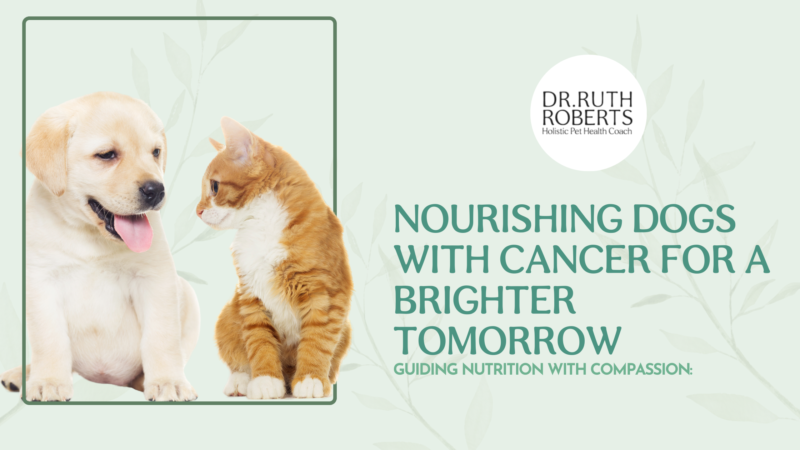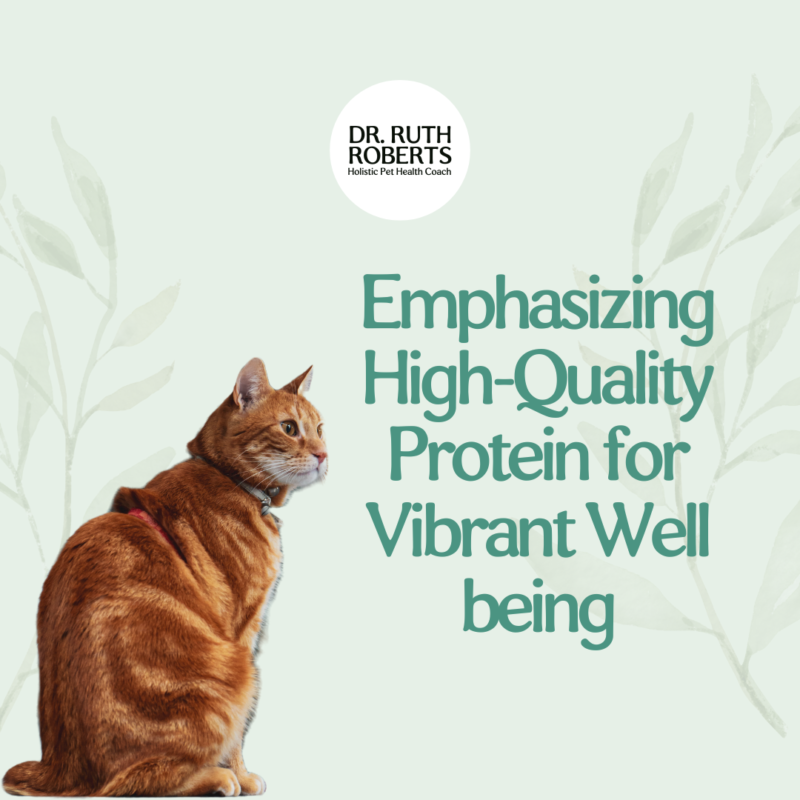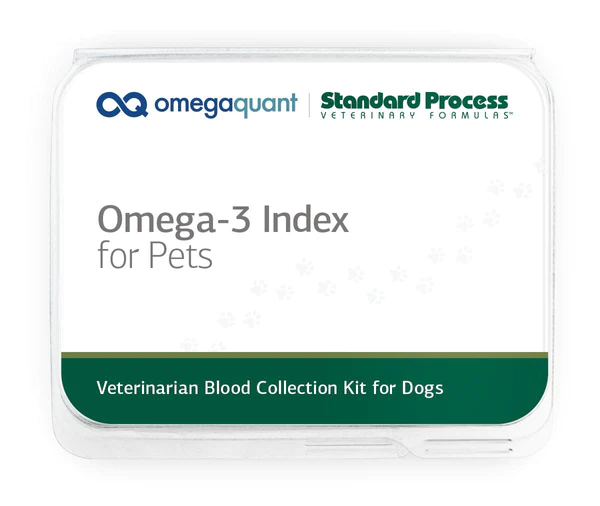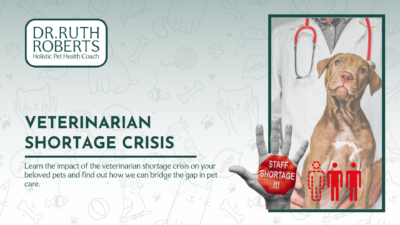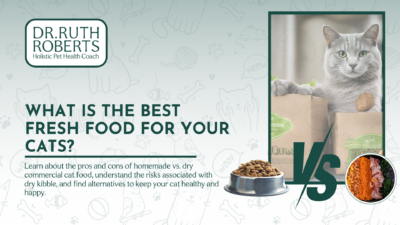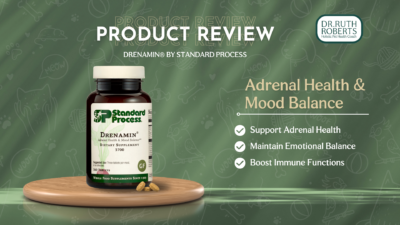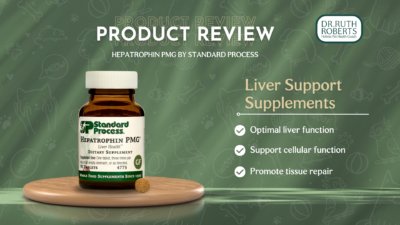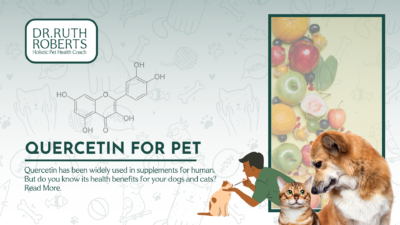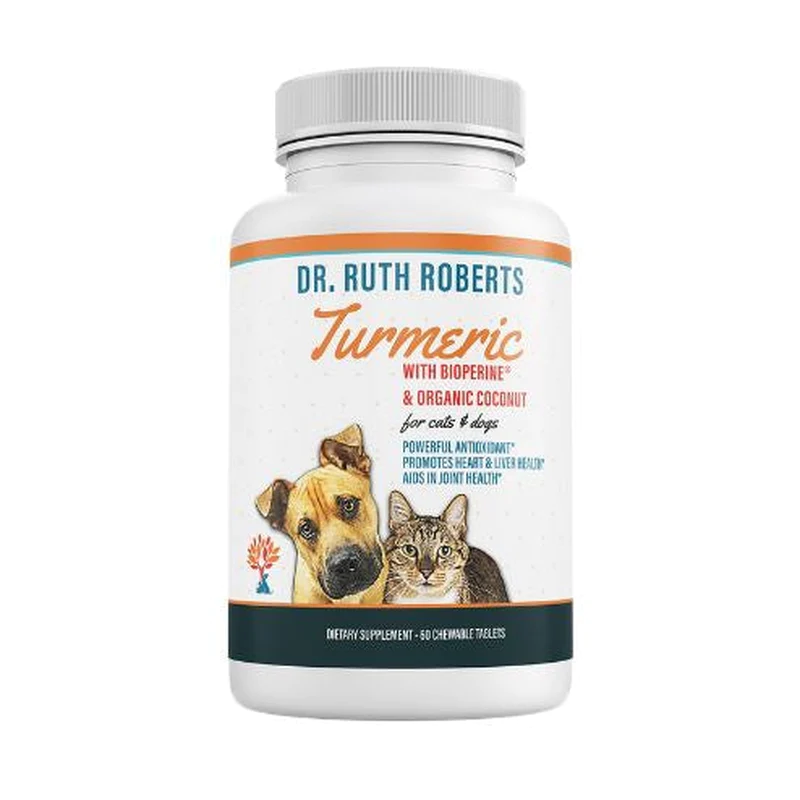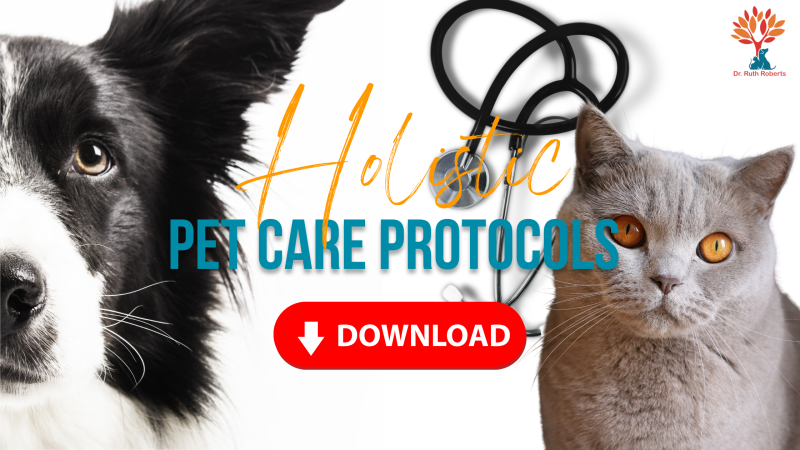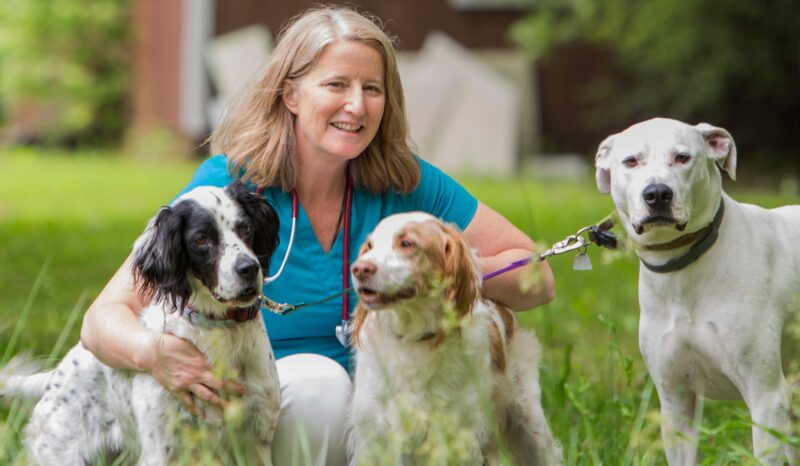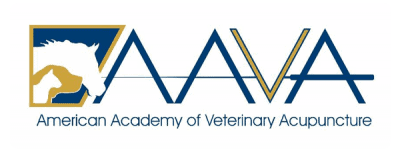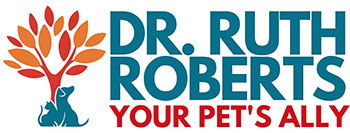Nutritional Care for Dogs with Cancer
Nutritional care for dogs with cancer plays a vital role in maintaining their overall health and enhancing their quality of life. Let’s delve into the pivotal role of a well-balanced diet for canines grappling with cancer and gain valuable insights into expert recommendations for feeding them.
Nutritional Care Recommendations
In a holistic approach, the focal point lies in providing the right kind of nourishment when your dogs is battling cancer. This approach takes into account not only what they eat but also considers their health condition, lifestyle, and emotional state. When devising a dietary plan for a dog with cancer, it’s the utmost importance to concentrate on foods packed with essential nutrients that are gentle on their digestive system. Incorporating natural, whole foods rich in vitamins, minerals, and antioxidants can significantly bolster their immune system, amplifying their ability to combat cancer. Note that the specific diet cannot cure cancer, but it can complement medical treatments and enhance the dog’s well-being. Let’s explore the nutritional care you can give to your dog with cancer.
Prioritizing High-quality Protein
Protein is crucial for tissue repair and immune system function. Consider incorporating lean sources of protein, such as chicken, turkey, or fish, into your dog’s diet. Avoid processed meats and stick to fresh, high-quality options.
To ensure your dog’s diet is well-rounded, remember that adequate hydration is essential. Providing access to clean, fresh water at all times is crucial, especially for dogs undergoing cancer treatments. Hydration helps maintain organ function, aids in digestion, and supports the body’s natural detoxification processes.
If your dog experiences difficulty drinking water, you can consult with your veterinarian about the solutions or alternatives to keep them hydrated. Remember that proper hydration complements the nutrient intake and overall care for your canine companion. It can help them to stay as comfortable and healthy as possible during their battle with cancer.
Healthy Fats: Omega-3 Fatty Acids
Healthy fats, like those found in fish oil or flaxseed, can have anti-inflammatory properties that might benefit a dog with cancer. Omega-3 fatty acids can help reduce inflammation and support joint health, which can be particularly beneficial for senior dogs.
Incorporating antioxidants into your dog’s diet can provide valuable support during their cancer journey. Antioxidants, found in various fruits and vegetables, help neutralize harmful free radicals in the body, which can damage cells and contribute to inflammation.
Adding Fruits and Vegetables
Colorful fruits like blueberries, strawberries, and apples, as well as vegetables like broccoli, spinach, and carrots, are excellent sources of antioxidants. These nutrient-rich foods not only aid help reducing inflammation but also contribute to your dog’s overall well-being and immune system strength. As with any dietary changes, it’s essential to introduce new foods gradually and monitor your dog’s response, ensuring they are comfortable and enjoying their meals. Always consult with your veterinarian to ensure you are making the best choices for your dog’s individual health needs.
Avoiding Harmful Ingredients
It’s essential to avoid certain foods that can be harmful to dogs with cancer in the context of holistic pet care. These include sugary treats, foods high in carbohydrates, and those with artificial additives or preservatives. In holistic pet care, the focus is on providing natural and whole food options that support your dog’s overall well-being, especially during their battle with cancer. By choosing nutrient-dense, minimally processed foods, you can ensure that your pet receives the essential nutrients without any potentially harmful ingredients. A holistic approach emphasizes the importance of a balanced and wholesome diet tailored to your pet’s individual needs, promoting their health throughout their cancer journey.
Expert Nutritional Care: Consult with Your Vet!
Before you decide on a suitable diet for your dog with cancer, it is recommended to consult with a veterinarian or a veterinary nutritionist. They will consider your dog’s health status, age, weight, and medical history to design a personalized feeding plan. If you can’t reach a vet or pet nutritionist, you can still access valuable guidance through online consultation with a certified pet health coach. Remember, each case is unique, and what works for one dog may not be appropriate for another.
Adapting Your Dog's Nutritional Care
As your dog’s condition may change over time, their nutritional needs might also evolve. Regularly monitor your dog’s weight, energy levels, and overall health. Be prepared to make adjustments to their diet with the guidance of your veterinarian.

